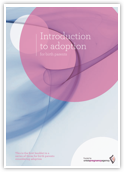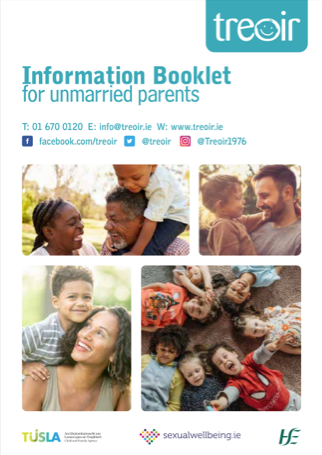The Adoption (Amendment) Act 2017 came into effect on 19 October 2017. This legislation changes various parts of the Adoption Act 2010, which govern how all adoptions in Ireland are carried out.
The main changes in the Amendment Act include:
- All children can now be considered equally in terms of eligibility for adoption. The fact that they were adopted previously or born to married parents is no longer an automatic restriction.
- The best interest of the child are recognised as the most important consideration in any adoption application. There is a detailed list of considerations in the amendment to be applied when determining the best interest of the child. These focus on how an adoption will likely affect the child and it also makes it clear that the child’s own opinion is very important.
- A distinction about a child being over or under 7 years of age when being adopted has been removed. Now the only legal distinction about a child’s age is that he/she must be under 18 years of age.
- Any couple living together in a civil partnership or cohabiting together for at least 3 years can now apply to adopt a child. Previously only married couples or individuals applicants could apply to adopt.
- Step-parents can now apply to adopt their partner’s child without the partner (who is already the biological parent of the child) also applying to adopt the child.
- Relevant non-guardians are now recognised in the Act. The definition of relevant non-guardian is broad but in basic terms is a person who is recognised as the parent of a child but is not a guardian, or is a type of guardian who does not have the right to consent to an adoption. They have a right to be consulted about the adoption of the child, similar to what fathers (without guardianship rights) already had under the provisions of the Act.
- Cases which need to be decided by the High Court, when the parents of the child cannot or will not consent to an adoption, now require more consideration to the attempts of those parents to raise the child. For example, the child must be out of their care for a longer period of time.
Treoir will update all relevant information and leaflets as soon as possible.
In the meantime, if you would like to talk through your individual situation please call us on our confidential phoneline 01 6700120.
The Adoption (Identity and Information) Bill, when enacted, will give adopted people a legal right to information about their birth parents. Article 8 of the United Nations Convention on the Rights of the Child states that parties undertake to respect the right of the child to (preserve) his/her identity. If enacted the legislation will go a long way toward ensuring that the rights of adopted children are respected in this way.
Adoption is a legal process that allows a parent to place her/his baby with another family permanently. It ends the legal relationship between the birth parents and their baby and marks the beginning of a new and legal relationship between a baby and her/his adoptive parents. A baby becomes a member of the adoptive family as if s/he was born into that family.
- Your local pregnancy counselling service, see www.positiveoptions.ie or freetext LIST to 50444 for a list of free, state-funded crisis pregnancy counselling agencies. A counsellor can discuss the adoption process with you.
- The adoption service in TUSLA, the Child and Family Agency local office.
- A duty social worker in the Adoption Authority.
For a list of state-funded crisis pregnancy counselling agencies, see www.positiveoptions.ieor freetext LIST to 50444.
To contact your local adoption service, see TUSLA, the Child and Family Agency local office.
The Adoption Authority of Ireland
Shelbourne House, Shelbourne Road, Dublin 4
Tel: 01 230 9300
Duty Social Worker: 01 230 9306 (Social Work Counselling Calls Only)
Web: www.aai.gov.ie
E-Mail: info@aai.gov.ie


